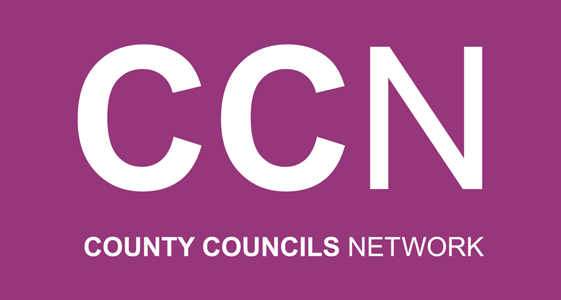
CCN Blogs | 11 January 2019

County councils are place shapers and community builders. Although county authorities have a strong track record in the maintaining and, notably improving services, the future remains challenging. CCN research has shown that there is a significant funding gap facing its 36 member councils. This follows a decade of unprecedented funding reductions. From this, the sector must look towards more effective, efficient and accountable solutions that will go toward solving some of the greatest public service demands.
Norse Group and CCN worked in partnership to analyse what some of the possible solutions may be, what services they will affect, and in what time frame. In doing so, we approached CCN member councils through a survey; the results showed county councils have an openness to working with the private sector. The amount of joint working is defined by previous commissioning relationships, by financial stability and crucially – by trust. Enthusiasm for exploring these projects is evidenced in the responses and solidified in the high participation rate from council leaders and chief executives in the survey.
Firstly, the work recognised the potential for a negative outsourcing climate – high profile contractual failures elicit muddied waters for alternative models of service delivery. Despite this, 38% of councils said they were currently implementing or considering where they can use alternative delivery methods. This presents promise and potential for the continued growth of supporting relationships between the public and private sector.
Further, we observed that the main motivator behind changes of service delivery were – unsurprisingly – finance related. Nearly 60% of respondents noted financial pressures as the primary trigger for change. Financial constraints across both long run and short run are relevant here. In follow up discussions, council leaders noted appetite for ambitious transformation but stated this was impossible without a clear direction of policy, including finance, from national government. We cannot look only to present budgets and must consider future budget ambiguity. This affects the council’s ability to make decisions to drive successful change.
Notably, the work informed us about the type of model preferred by councils. In House, Public Sector Partnerships and Joint Ventures all seemed most preferable to the respondents. Producing the best outcomes for residents – irrespective of the type of delivery – is the central concern of respondents. Complementary to this is the type of service being discussed; there are perceived higher risks for social care services. Unsurprisingly, councils were less enthusiastic about changing high risk services compared to county parks, waste and transport services. We can conclude with confidence that there is commitment for delivering the safest and best outcomes by councils.
Building trust is core to successful transformation. Perhaps this is less tangible than the other topics in the report, however, strong relationships in the design and delivery stages of alternative models are considered essential. This can come in the form of shared language creating genuine understanding, combined with aligned values and goals.
Going forward, the joint report harnesses an understanding of ambitious councils and ethical service providers. Local government is prepared to ignore some high profile contractual failures, a testament to the sector’s objectives in delivering fit-for-purpose public services. Norse Group values – Quality, Innovation, Respect and Trust – are very much aligned to what local government seeks. This can yield productive and lasting partnerships in the next generation of contracts, offering hope for the future heading toward 2020 and beyond.
 Richard Gawthorpe ,
Richard Gawthorpe ,
Group Business Development Director
© 2024 County Councils Network | Credits | Site map | Cookies | Privacy Policy.